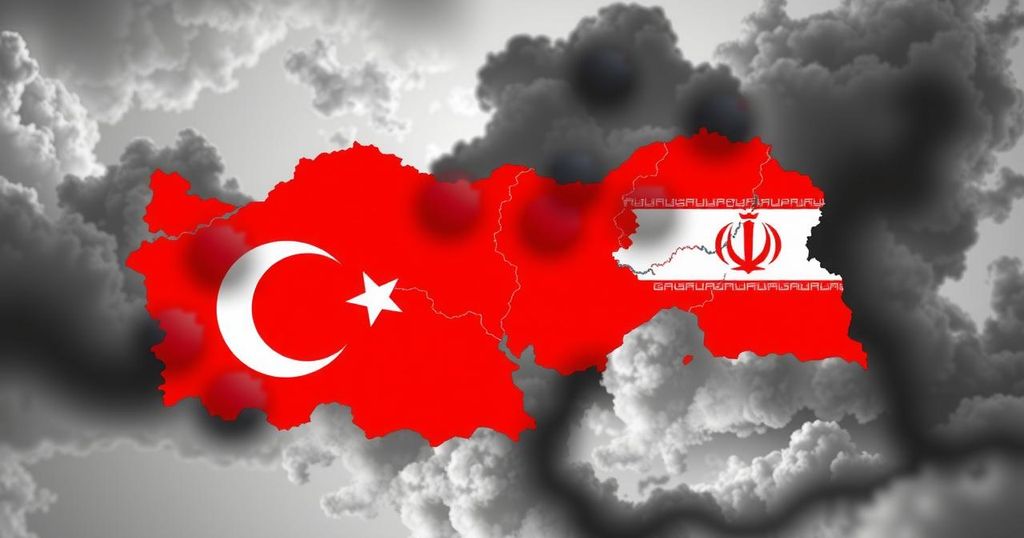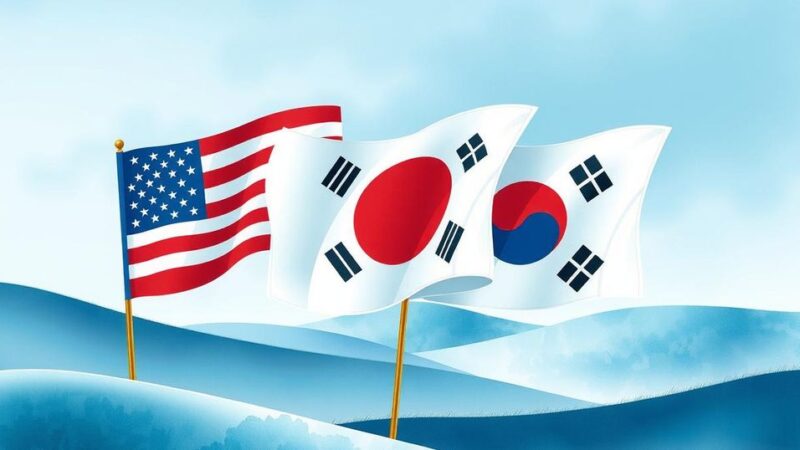The deterioration in Iran’s regional position has allowed Türkiye to expand its influence in the Middle East, leading to increased tensions between the two nations. Despite agreeing on several key regional issues, their competition is evident particularly in Syria. Turkey has warned Iran against supporting factions opposing its Sunni Islamist-led regime, reflecting deepening rivalries and strategic concerns for both countries in the changing geopolitical landscape.
In light of the strategic setbacks experienced by Iran, Türkiye has successfully extended its influence across the Middle East, heightening the tensions between Ankara and Tehran. Despite their shared stances on critical regional matters, such as the Gaza conflict, the rivalry between these nations has intensified. Türkiye has cautioned Iran against supporting Syrian factions that oppose the newly-established Sunni Islamist-led regime, including elements from the Alawite community and Kurdish groups.
Iran’s leadership expresses concerns that Türkiye is attempting to further diminish its influence in the Caucasus. The recent military and political losses inflicted on Iran and its allies have significantly altered the regional geopolitics, allowing Turkish influence to ascend in the vacuum created by Tehran’s decline. Thus, tensions between Iran and Türkiye have escalated as both nations strive to secure their respective regional interests, primarily in the context of post-Assad Syria.
This regional rivalry centers not on ideological differences but on each country’s ambition for greater influence and strategic depth. Both nations oppose what they perceive to be destabilizing actions from Israel, particularly regarding its policies in Gaza. Iran employs military support for armed factions as a means to counter Israel, whereas Türkiye adopts a primarily rhetorical stance, criticizing Israel while working within diplomatic frameworks.
The collapse of President Bashar al-Assad’s regime has transformed Syria into a significant battleground for influence, underscoring the emerging rivalry between Iran and Türkiye. Iranian officials have recognized that the fall of Assad represents a notable defeat for them. In response, Ankara fears that Iran may utilize its familiar strategies of supporting non-state armed actors to undermine Turkish interests in Syria.
Reacting defensively to Iran’s potential maneuvers, Türkiye’s Foreign Minister Hakan Fidan has issued warnings against Iranian interference in Syria, emphasizing the reciprocal nature of state support for insurgent groups. Tehran has responded to these warnings with strong objections, urging Türkiye to reconsider the implications of its policies on regional stability. The complexities of this situation involve the Kurdish forces in Syria, who may potentially seek Iran’s support against Turkish-backed militias.
Furthermore, Iranian public perceptions indicate distrust regarding Ankara’s intentions, particularly regarding Kurdish and Alawite factions. Iranian media has characterized Türkiye’s approach as arrogant, urging for a robust response to assert Iranian dominance. Although no evidence currently supports claims of Iranian military support to Kurdish forces, strategic assessments suggest that such actions might disrupt Türkiye’s aspirations.
In addition to its worries about Syria, Iran remains apprehensive of potential Turkish expansionism impacting its territory and influence. Reports in Iranian media reflect alarm toward Türkiye’s activities in regions like Azerbaijan and the ongoing developments related to the Zangezur Corridor project, a transport route that poses challenges to Iran’s strategic interests and regional standing. The success of this corridor in reducing Armenia’s dependency on Iran is viewed with significant concern, further increasing the stakes in the ongoing Türkiye-Iran rivalry.
In conclusion, the geopolitical dynamics between Türkiye and Iran have markedly shifted as Iran confronts strategic setbacks while Türkiye positions itself as a key regional player. This rivalry, fueled by conflicting ambitions over influence in Syria and broader Middle Eastern issues, has escalated tensions significantly. Both nations share criticisms against Israel’s actions, yet their differing approaches highlight the complexities of their relationship. As the situation evolves, the implications for regional stability remain uncertain, with both nations closely monitoring each other’s moves.
Original Source: thesoufancenter.org






